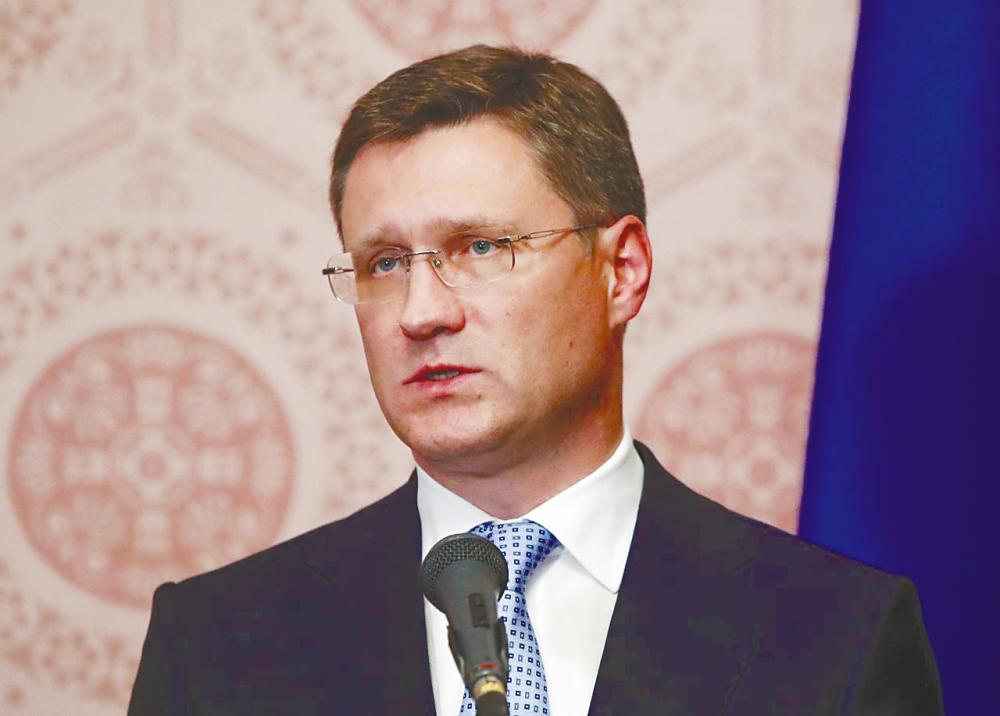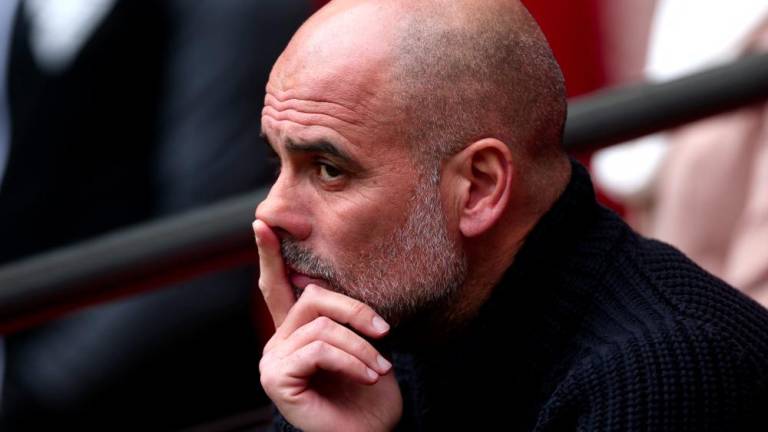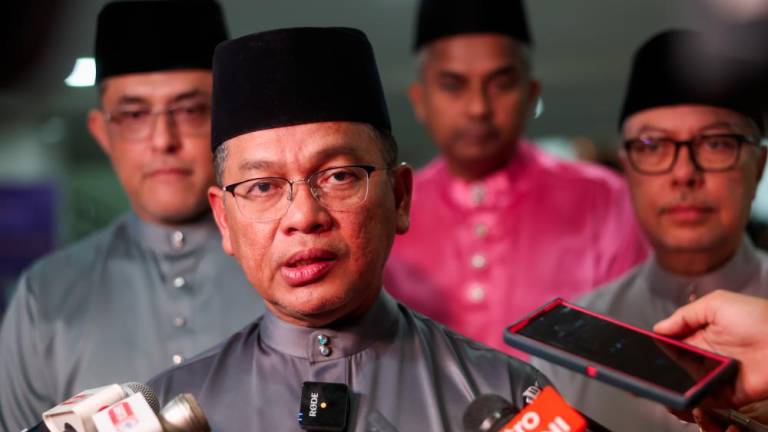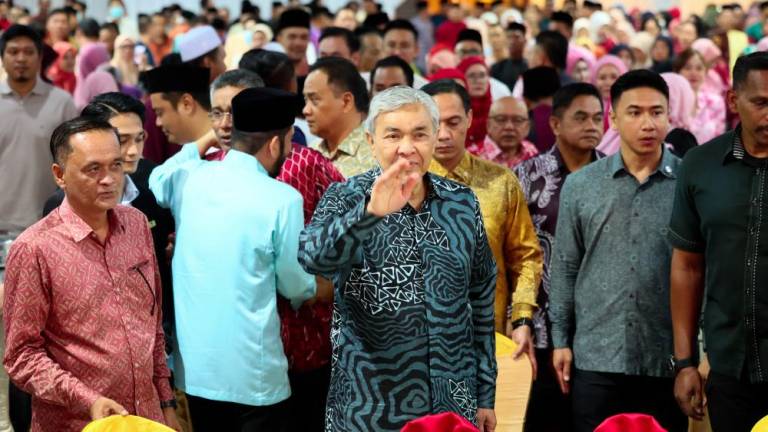DUBAI/LONDON: The Organisation of the Petroleum Exporting Countries (Opec) is assessing the impact on the oil market from attacks on Saudi Arabian facilities and says it is too early for members to take any action on raising output or holding a meeting, the United Arab Emirates (UAE) energy minister and other sources said.
The UAE’s energy minister said his country was able to boost output to deal with any supply disruptions, but it was too early to call for an emergency meeting of Opec.
“We have spare capacity. There are volumes we can deal with as an instant reaction,” Suhail al-Mazrouei told reporters in Abu Dhabi yoday.
Before the attack, Opec had been focusing on boosting adherence to a supply-reduction pact with Russia and other non-members, known as Opec+. Opec has been over-delivering on the pledge and Mazrouei said that, while spare capacity is there, the UAE would stick to its quota.
“The UAE remains com-mitted to its production target under the Opec+ agreement,” he said. If Saudi Arabia called for an Opec emergency meeting, “we will deal with it”.
Opec secretary-general Mohammad Barkindo discussed the oil market with the head of the International Energy Agency, Fatih Birol, today after the attacks on Saudi oil facilities, an Opec source told Reuters.
The two men expressed their satisfaction that “the situation has been brought under control by the Saudi authorities”, and agreed to continue to monitor the market and keep in regular contact over the next couple of days, the Opec source said.
With global oil inventories plentiful and no signs of a shortage yet, Opec does not need to formally discuss taking any action for now, two other Opec sources said.
“It’s still early to talk about it,” one of them said.
Opec members and non-members including Russia agreed in December to reduce supply by 1.2 million bpd from Jan. 1 this year. Opec’s share of the cut is 800,000 bpd, to be delivered by 11 members and exempting Iran, Libya and Venezuela.
The extent of any action Opec excluding Saudi Arabia could take to boost supplies is limited, said a third Opec source. Saudi Arabia as the top Opec producer holds the bulk of its unused production capacity.
Meanwhile, in Moscow, Russian Energy Minister Alexander Novak told reporters there is enough oil in global stockpiles to replace barrels Saudi Arabia has temporary lost due to the attacks on its oil facilities.
Asked whether Russia was ready to increase production, Novak said that Saudi Arabia would first give its estimate of the attacks consequences.
“But currently, we understand that the world has enough commercial stockpiles to cover the shortage... in the mid-term,” Novak said, adding he planned to have a call with newly appointed Saudi counterpart, Prince Abdulaziz bin Salman.
Novak said Russia was sticking to its commitments under the global oil production deal and it was premature to talk about any possibly changes to production levels.
Kremlin spokesman Dmitry Peskov told reporters separately today that Russia should wait to see how the situation develops before taking any action on production.– Reuters
Novak says it is premature to talk about any possibly changes to production levels. – REUTERSPIX













